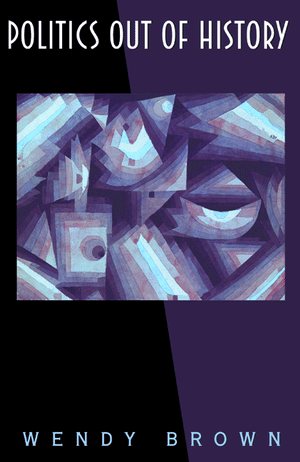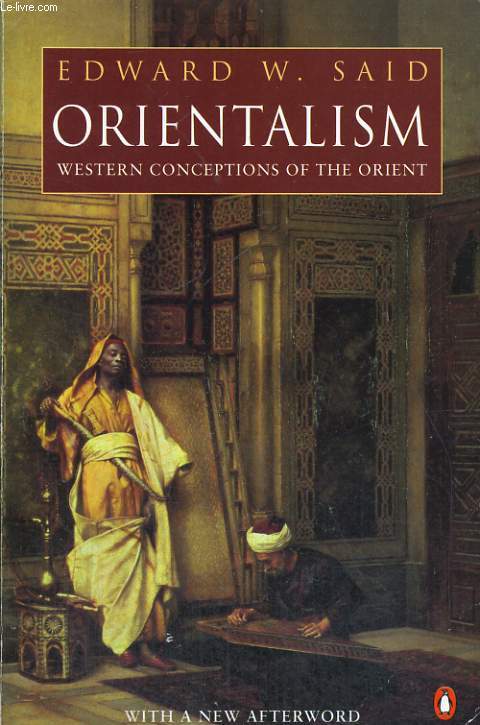From Allan Bloom's interpretive essay: "The Republic shows us why Socrates was accused and why there was good reason to accuse him. Not only does he tell us about the good regime, but we see his effect on the young men he was said to have corrupted. Socrates, in leading them to a justice which... Continue Reading →
Imagined Communities: Reflections on the Origin and Spread of Nationalism / Benedict Anderson
Some of the peoples on the eastern coast of Sumatra are not only physically close, across the narrow Straits of Malacca, to the populations of the western littoral of the Malay Peninsula, but they are ethnically related, understand each Other’s speech, have a common religion, and so forth. These same Sumatrans share neither mother-tongue, ethnicity,... Continue Reading →
A Dying Colonialism / Frantz Fanon
There is not occupation of territory on the one hand and independence of persons on the other. It is the country as a whole, its history, its daily pulsation that are contested, disfigured, in the hope of a final destruction. Under these conditions, the individual's breathing is an observed, an occupied breathing. It is a... Continue Reading →
Discourse on Colonialism / Aimé Césaire
A civilization that proves incapable of solving the problems it creates is a decadent civilization. A civilization that chooses to close its eyes to its most crucial problems is a stricken civilization. A civilization that uses its principles for trickery and deceit is a dying civilization. The fact is that the so-called European civilization“Western” civilization-as... Continue Reading →
Politics Out of History / Wendy Brown
Moralism is the practice of moralizing, or the tendency to judge others' morality. So, although "moralism" sounds innocent because it seemingly has to do with ethics and morals, it could be considered as a plaster that censors political thought. And form my observations, this woeful case is very relevant today. Whenever people try to judge... Continue Reading →
Orientalism / Edward W. Said
Edward Said, Palestinian intellectual, literary theorist, historian of the colonial narrative explains how colonialism works. Not just through armies, but through literature. Not just through conquest, but through anthropology. Not just through oppression but justified through narrative. He shows how the West painted a picture of the 'East'. Snake charmers, belly dancers, thieves... The exotic,... Continue Reading →
Politics of Piety: The Islamic Revival and the Feminist Subject / Saba Mahmood
(The review of the book can be found here) But the questions that I have come to ask of myself, and which I would like to pose to the reader as well, are: Do my political visions ever run up against the responsibility that I incur for the destruction of life forms so that "unenlightened"... Continue Reading →
Education and Capitalism: Struggles for Learning and Liberation / Sarah Knopp
The hierarchical relations of work and production are mirrored in the relations we see in schools. The hierarchies between administrators and teachers, teachers and students, students and other students correspond to boss-worker relationships and indeed prepare students to play those roles. Students produce work for external rewards (grades) in much the same way that workers... Continue Reading →
Black Skin, White Masks / Frantz Fanon
When I switch on my radio and hear that black men are being lynched in America, I say that they have lied to us: Hitler isn’t dead. When I switch on my radio and hear that Jews are being insulted, persecuted, and massacred, I say that they have lied to us: Hitler isn’t dead. And... Continue Reading →
Knowledge and Power: Science in World History / William E. Burns
The book was both concise and informative at the same time. If you want to know how science was transferred from a culture to culture; or from a continent to continent I recommend this book. It also talks about the influence of science in power which is very interesting as it touches on topics such... Continue Reading →









